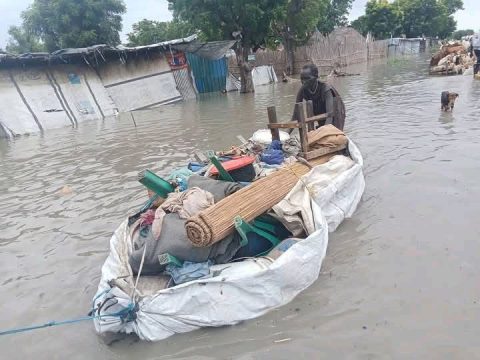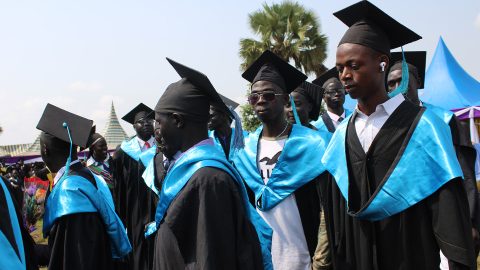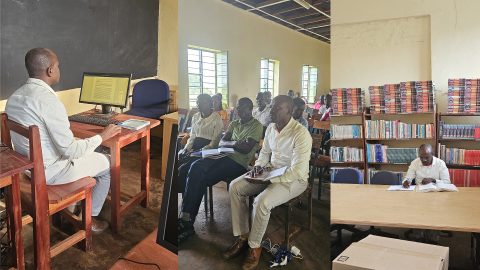“I couldn’t just stay at home waiting for my husband’s money” – Victoria’s businesses support both her and the former breadbasket of South Sudan
Victoria Sunday Noel returned from life in a refugee camp to a devastated city of Yei after the 2016 conflict in South Sudan. She re-enrolled in school, but was unable to seek higher education. Now she owns a thriving business, something that is sorely needed in the area still hurting after the crisis.
WHEN CONFLICT broke out in South Sudan in 2016, life changed overnight for thousands of families. Among them was Victoria Sunday Noel, who fled with her family to Uganda in search of safety.
The sudden move forced her to abandon her education. For a young woman who had dreams of completing school, the disruption was painful, and the refugee camps offered little hope.
“Life was not good in the refugee camps so I came back,” Victoria Sunday Noel recalls.
By late 2017, when the active conflict started to fade and the situation in Victoria’s hometown of Yei had begun to stabilize, she and her family returned home. But returning did not mean life became easier.
Yei, once nicknamed “Small London” for its vibrancy, was now almost deserted. Many families were still too afraid to return. Services were limited, schools were struggling, and even basic supplies were hard to come by.
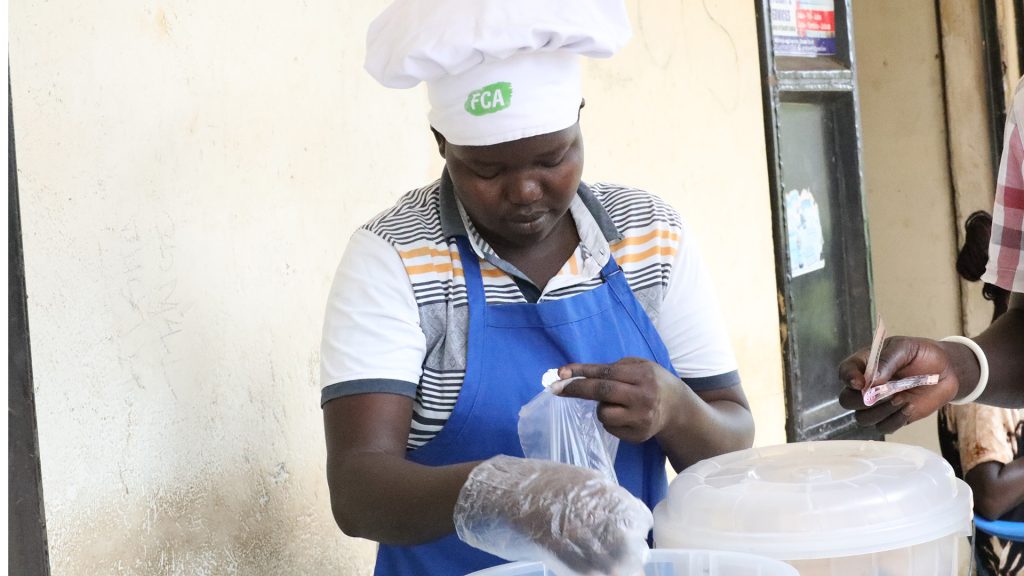
No money to push further
Still determined, Victoria re-enrolled in school in 2018 and worked hard to catch up. In 2019, she graduated from Senior Four, O-Level, a qualification given in South Sudan at the end of lower secondary school. But when it came time to pursue higher education, tuition became an obstacle. Her family survived through farming, and while her mother’s determination had already carried Victoria and her siblings through school, there simply wasn’t enough money to push further.
Instead, Victoria decided to help her mother with farming and selling cassava, maize, groundnuts, and fruits in the local market. It was a way to keep moving forward while she searched for new opportunities. Shortly after, she started selling her own items such as fruits like avocados and oranges.
In 2022, Victoria came across a breakthrough opportunity for vocational learning through a friend who told her about business skills training offered by Finn Church Aid (FCA). The training that was open to young people interested in acquiring practical skills, with options such as catering, tailoring, carpentry, and electrical work.
Victoria, however, chose catering, as it was her passion and something she had always dreamed of pursing.
The training lasted three months, combining both theory and practice, and turning her passion into a livelihood. As part of the programme, she was also placed on a one-month attachment – [work placement], where she was able to practice in a real working environment.
“When I finished the attachment, I started making cookies and ‘daddies’ [fried flour cubes],” Victoria explains with a smile.
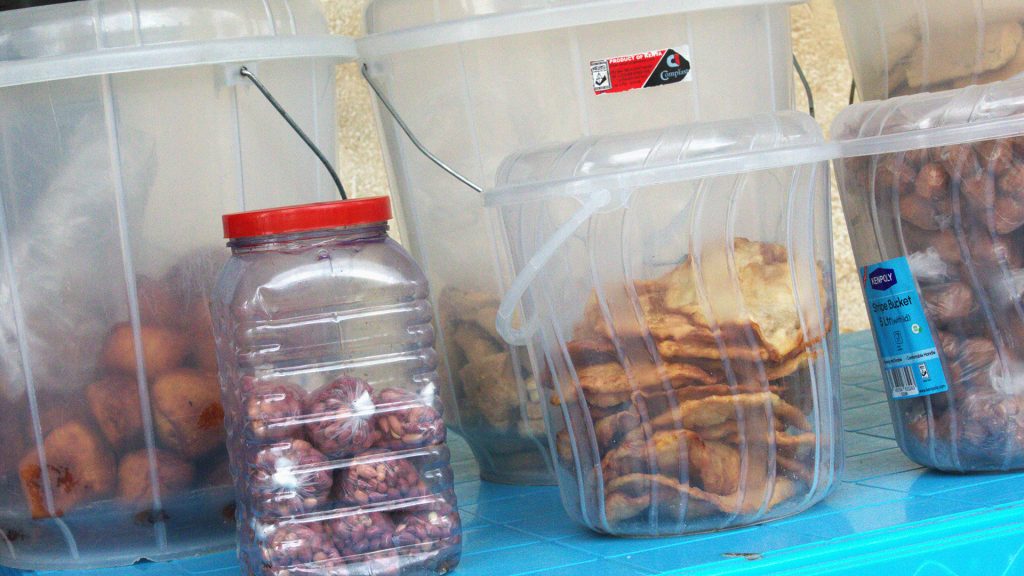
Ambitions into reality
The training gave her more than just practical business skills. It gave her confidence to turn her ambitions into reality. She started saving the small income she earned, and before long, she was running her own tea stall while also baking cakes for her community.
“I am married now, and I couldn’t just stay at home waiting for my husband’s money,” she says firmly.
Soon after, Victoria expanded. With the money she has saved, she began selling clothes. Because supplies in Yei are limited, she sends money to her sister in the capital city of Juba, who shops and sends the items back. The journey is not always guaranteed due to road insecurity. Often goods may not arrive, but Victoria remains undeterred.
Her advice to young people is simple yet powerful: “You should have a goal on what you want to achieve. Don’t just do things because others are doing it. Everyone should have their own goal.”
Victoria’s vision is bigger than what she is doing today. She dreams of becoming a professional caterer.
“The knowledge I got is not enough. Right now, Yei doesn’t have a school for full catering, but I want to continue,” she explains.
FCA and The Right to Peace Programme
Under the Right to Peace Programme, funded by the United Nation’s Reconciliation, Stabilization and Resilience Trust Fund (RSRTF), FCA is working in Greater Yei alongside consortium partners led by the IOM. The programme’s second phase runs until November 2025 and focuses on reducing violence, restoring livelihoods, and strengthening resilience.
Greater Yei was once known as one of the breadbaskets of South Sudan, supplying food to the rest of the county. Years of conflict disrupted this potential. FCA and partners are working with communities to rebuild livelihoods through initiatives like vocational training, small business support and peacebuilding activities.
With three new cohorts that graduated on August 29th, Sept 3rd and Sept 5th in Lainya, Yei, and Kajo-Keji County respectively. FCA continues to equip young people with the skills they need to create opportunities for themselves and others. Over the past years, FCA has also worked with the Ministry of General Education to ensure that training programmes complement the wider education system, offering sustainable pathways for the people of South Sudan.
—
Text and photos: Kiden Viola
